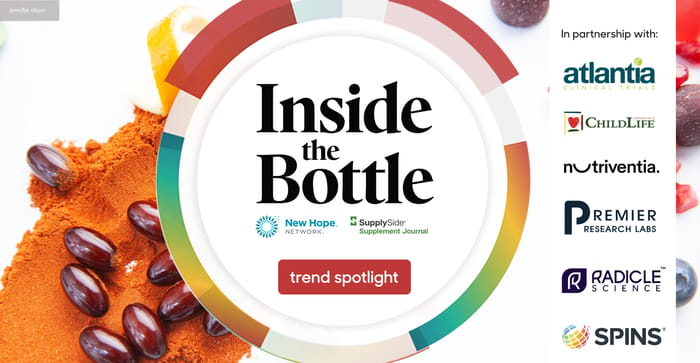
Meeting all those demands and making all those sales does not happen in the abstract. Keeping employees healthy is foundational, executives agree. At Wakunaga of America, Vice President of Sales and Marketing Michael Modjeski says safety and sanitation have become primary concerns.
Takeaway: Keeping the workforce healthy could be the biggest challenge for manufacturers.
Products like the company’s Kyolic garlic extracts and probiotic formulations are ideally matched to consumers’ current concerns, and the company can point to science supporting efficacy. The company has seen a “significant spike in demand,” but concern for worker safety is spiking too—those products can’t go out the door if there are not workers on the line, Modjeski explains.
Wakunaga has instituted strict policies that any sign of sickness keeps employees at home and is building contingencies for quarantining shifts if a worker exhibits signs of illness. That keeps cleaning crews busy and everybody on high alert, but it keeps the message simple, Modjeski says. “If you don’t feel good, we don’t want you in. Stay home.”

As soon as the first headlines hit, NOW Foods banned non-essential international travel and insisted on work-from-home self-quarantine for anybody who’d traveled to China, all that before banning travel altogether. At this point, every doorknob and surface is disinfected on a strict schedule. “Washrooms, restrooms, hallways, stairways, doorknobs, two to three times a day our teams are going through,” CEO Jim Emme says.
At AIDP, shifts can’t overlap and cleaning between shifts is rigorous. AIDP President Mark Thurston says the company can’t see an opportunity eclipsed by contagion. Staggered and segregated shifts minimize risk.
“If somebody goes down we just isolate half the work force and not the whole workforce,” Thurston says.
Pandemic Potential Part 5
<< Go back to Retail Channels article | Go to next article: Essential Business >>
About the Author
You May Also Like






